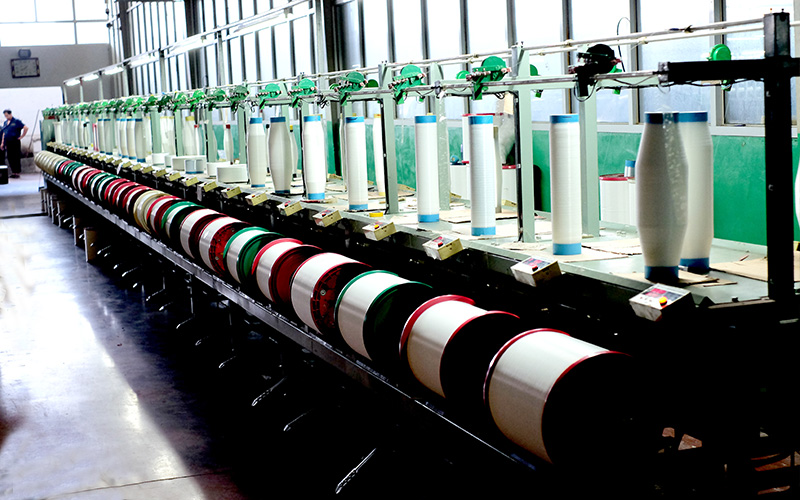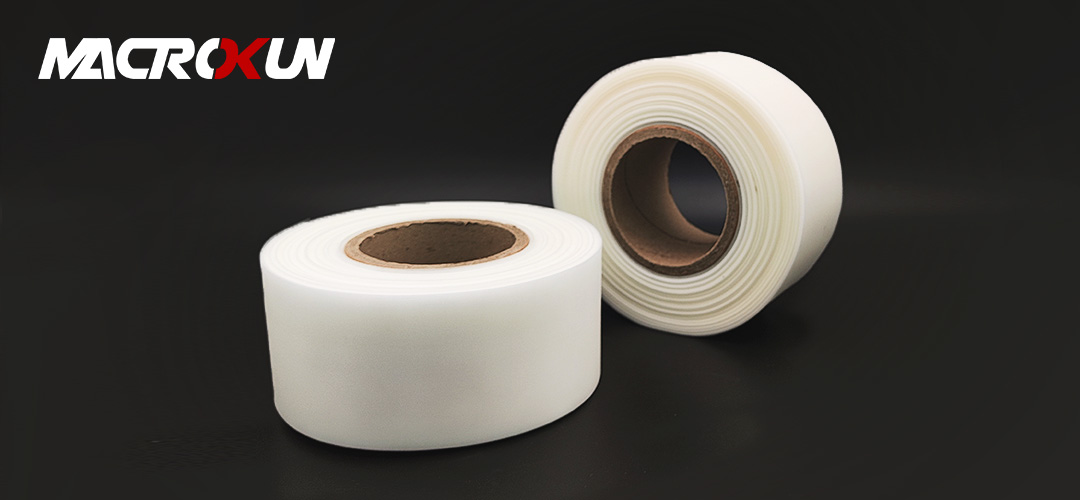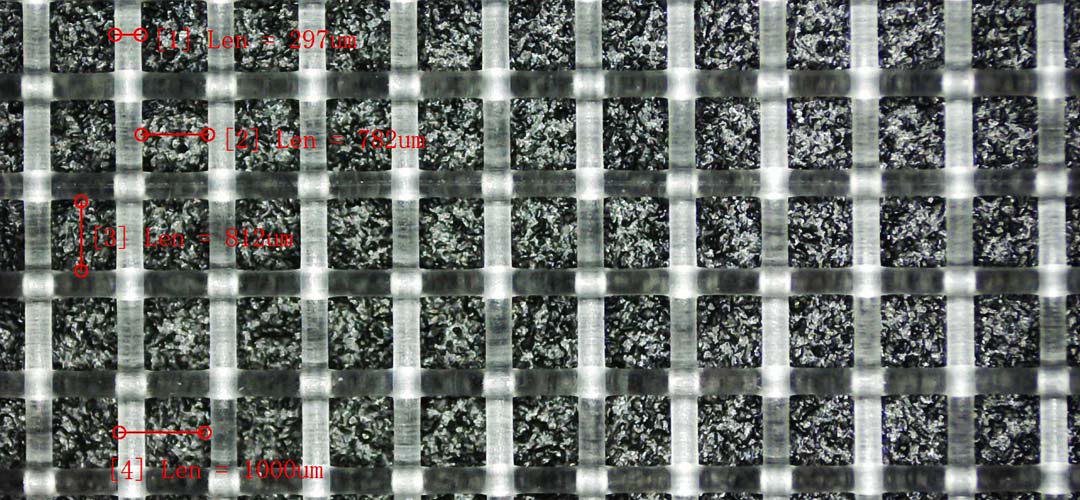Nylon mesh with a 40-micron specification has emerged as a highly effective solution for particle removal across various industries, including food processing, pharmaceuticals, and water treatment. The benefits of utilizing this specific mesh size are numerous, making it a preferred choice for applications requiring precision filtration. One of the primary advantages of nylon mesh is its exceptional durability. Unlike other materials, nylon exhibits a high resistance to wear and tear, ensuring that it maintains its structural integrity even under demanding conditions. This durability translates into a longer lifespan for the mesh, reducing the need for frequent replacements and ultimately leading to cost savings for businesses.
In addition to its durability, nylon mesh is also known for its excellent chemical resistance. This characteristic is particularly important in industries where the mesh may come into contact with various solvents, acids, or bases. The ability of nylon to withstand these chemicals without degrading ensures that the filtration process remains effective over time. Furthermore, the 40-micron size strikes a balance between filtration efficiency and flow rate. It is fine enough to capture a wide range of particles, including bacteria, sediment, and other contaminants, while still allowing for adequate fluid flow. This balance is crucial in maintaining operational efficiency, as overly fine meshes can lead to clogging and reduced throughput.

Moreover, the versatility of nylon mesh makes it suitable for a variety of applications. In the food industry, for instance, it is commonly used to filter liquids such as juices, oils, and sauces, ensuring that the final products are free from unwanted particles that could affect quality and safety. Similarly, in the pharmaceutical sector, nylon mesh plays a vital role in the purification of active ingredients, where even the smallest contaminants can compromise product integrity. The ability to customize the mesh size and configuration further enhances its applicability, allowing businesses to tailor solutions to their specific needs.
Another significant benefit of using nylon mesh is its ease of cleaning and maintenance. The smooth surface of nylon allows for straightforward cleaning processes, which is essential in industries that require strict hygiene standards. Regular maintenance not only prolongs the life of the mesh but also ensures consistent performance in particle removal. Additionally, nylon mesh is lightweight, making it easy to handle and install. This feature is particularly advantageous in large-scale operations where efficiency in setup and maintenance can lead to significant time savings.
Furthermore, the environmental impact of using nylon mesh should not be overlooked. As industries increasingly focus on sustainability, the longevity and reusability of nylon mesh contribute to reduced waste. By minimizing the frequency of replacements, businesses can lower their overall material consumption, aligning with eco-friendly practices. In conclusion, the benefits of using nylon mesh with a 40-micron specification for particle removal are manifold. Its durability, chemical resistance, and versatility make it an ideal choice for various applications, while its ease of maintenance and environmental advantages further enhance its appeal. As industries continue to seek efficient and reliable filtration solutions, nylon mesh stands out as a practical and effective option, ensuring that operations remain smooth and compliant with quality standards.
Nylon mesh with a 40-micron specification has emerged as a pivotal component in various filtration systems, owing to its unique properties and versatility. This fine mesh is particularly effective in applications where the removal of small particles is crucial, making it an ideal choice for industries ranging from pharmaceuticals to food processing. The ability of nylon mesh to provide efficient filtration while maintaining structural integrity under various conditions is a significant advantage that enhances its applicability.

In the pharmaceutical industry, the need for stringent filtration processes cannot be overstated. Contaminants, including bacteria and particulate matter, can compromise the quality of pharmaceutical products. Nylon mesh 40 micron serves as an effective barrier, ensuring that only the desired substances pass through while trapping unwanted particles. This level of filtration is essential not only for the safety of the end product but also for compliance with regulatory standards. The durability of nylon mesh allows it to withstand repeated use and cleaning, making it a cost-effective solution for manufacturers who require reliable filtration over extended periods.
Similarly, in the food and beverage sector, maintaining product purity is paramount. Nylon mesh 40 micron is widely utilized in processes such as juice clarification, beer brewing, and dairy filtration. In juice production, for instance, the mesh effectively removes pulp and other solid particles, resulting in a clear and visually appealing product. The same principle applies to beer brewing, where the mesh aids in separating hops and other solids from the liquid, ensuring a smooth final product. The food industry benefits from the non-reactive nature of nylon, which does not impart any flavors or contaminants to the products being filtered, thus preserving the integrity of the food.
Moreover, the environmental sector has also recognized the advantages of nylon mesh 40 micron in water treatment applications. As water quality becomes increasingly critical, the need for effective filtration systems has grown. Nylon mesh is employed in various stages of water treatment, including sedimentation and filtration processes. Its ability to capture fine particles, such as silt and algae, contributes to the overall improvement of water quality. By utilizing nylon mesh, treatment facilities can enhance their efficiency in producing clean, safe water for consumption and industrial use.
In addition to these applications, nylon mesh 40 micron is also prevalent in the automotive and aerospace industries. In these sectors, it is used in fuel filtration systems to prevent contaminants from entering engines, thereby ensuring optimal performance and longevity. The mesh‘s resistance to chemicals and high temperatures makes it suitable for demanding environments where reliability is essential. This characteristic further underscores the versatility of nylon mesh, as it can be adapted to meet the specific needs of various industries.
Furthermore, the ease of fabrication and customization of nylon mesh allows for its integration into diverse filtration systems. Whether in the form of bags, sheets, or custom shapes, nylon mesh can be tailored to fit specific applications, enhancing its functionality. This adaptability, combined with its effective particle removal capabilities, positions nylon mesh 40 micron as a preferred choice for filtration solutions across multiple sectors.
In conclusion, the applications of nylon mesh 40 micron in filtration systems are extensive and varied. Its effectiveness in removing small particles, coupled with its durability and adaptability, makes it an invaluable asset in industries such as pharmaceuticals, food processing, water treatment, and automotive manufacturing. As the demand for high-quality filtration continues to grow, nylon mesh will undoubtedly play a crucial role in meeting these needs efficiently and effectively.
When it comes to filtration processes, the choice of material plays a crucial role in determining efficiency and effectiveness. Among various options available, Nylon Mesh 40 Micron stands out due to its unique properties and performance characteristics. To understand its advantages, it is essential to compare it with other common filtration materials, such as polyester, polypropylene, and stainless steel.
Nylon mesh, particularly at the 40-micron level, offers a fine filtration capability that is often superior to that of polyester. While polyester is known for its durability and resistance to chemicals, it typically has a larger pore size, which can allow smaller particles to pass through. In contrast, the 40-micron nylon mesh effectively captures a wider range of particulate matter, making it an ideal choice for applications requiring high precision. This capability is particularly beneficial in industries such as pharmaceuticals and food processing, where even minute contaminants can compromise product quality and safety.

Furthermore, when comparing Nylon Mesh 40 Micron to polypropylene, another popular filtration material, several distinctions emerge. Polypropylene is lightweight and resistant to a variety of chemicals, but it can be less effective in high-temperature applications. Nylon, on the other hand, exhibits greater thermal stability, allowing it to maintain its structural integrity and filtration efficiency under elevated temperatures. This characteristic makes nylon mesh particularly suitable for processes that involve hot liquids or gases, where maintaining filtration performance is critical.
In addition to its thermal properties, Nylon Mesh 40 Micron also demonstrates superior flexibility and tensile strength compared to both polyester and polypropylene. This flexibility allows for easier handling and installation, which can be a significant advantage in complex filtration systems. Moreover, the tensile strength of nylon ensures that the mesh can withstand physical stress without tearing or deforming, thereby prolonging its lifespan and reducing the need for frequent replacements. This durability translates into cost savings over time, as users can rely on nylon mesh for extended periods without compromising filtration quality.
Another important aspect to consider is the comparison of Nylon Mesh 40 Micron with stainless steel filters. While stainless steel is renowned for its robustness and ability to withstand harsh environments, it often comes with a higher initial cost and can be more challenging to clean. In contrast, nylon mesh is not only more cost-effective but also easier to maintain. The lightweight nature of nylon allows for simpler cleaning processes, which can be performed without the need for specialized equipment. This ease of maintenance is particularly advantageous in industries where downtime must be minimized.
Moreover, the chemical compatibility of Nylon Mesh 40 Micron is noteworthy. It can effectively filter a wide range of substances, including acids and bases, without degrading. This versatility makes it a preferred choice in various applications, from water treatment to industrial processes. In comparison, while stainless steel is also chemically resistant, it may not be suitable for all applications, particularly those involving highly corrosive substances.
In conclusion, the comparison of Nylon Mesh 40 Micron with other filtration materials reveals its distinct advantages in terms of filtration efficiency, thermal stability, flexibility, and ease of maintenance. These attributes make it an excellent choice for a variety of applications, particularly where precision and reliability are paramount. As industries continue to seek effective solutions for particle removal, Nylon Mesh 40 Micron remains a leading contender, offering a balance of performance and practicality that is hard to match.
Pre: Nylon Filter Mesh Supplier: Your Trusted Source for Quality Filtration
Next: Different Nylon Filter Mesh: Explore a Wide Range of Filtration Options

MACROKUN has established long-term and stable cooperative relations with many transportation companies such as China Post, DHL, FEDEX, USPS, UPS, etc. Of course, MACROKUN can also provide air and sea transportation. The powerful logistics system enables all MACROKUN'S Printing Mesh, Filter Mesh and Filter Bags and so on to be easily and efficiently transported to any place. For quotes and inquiries, please email our sales team.





